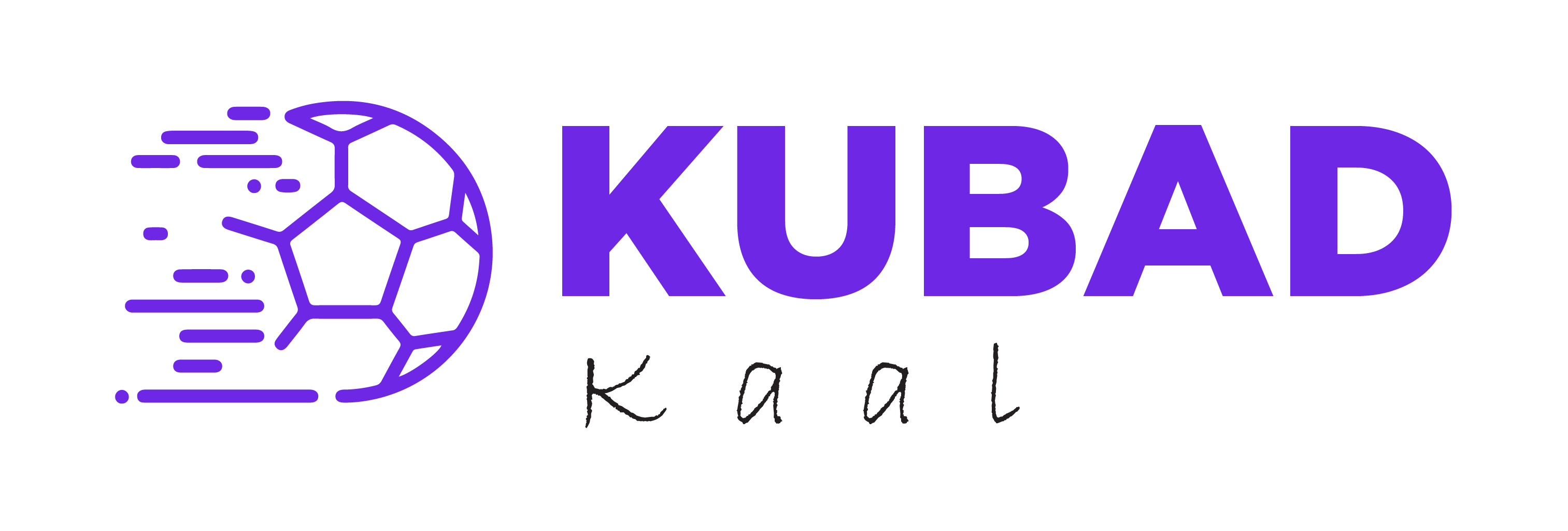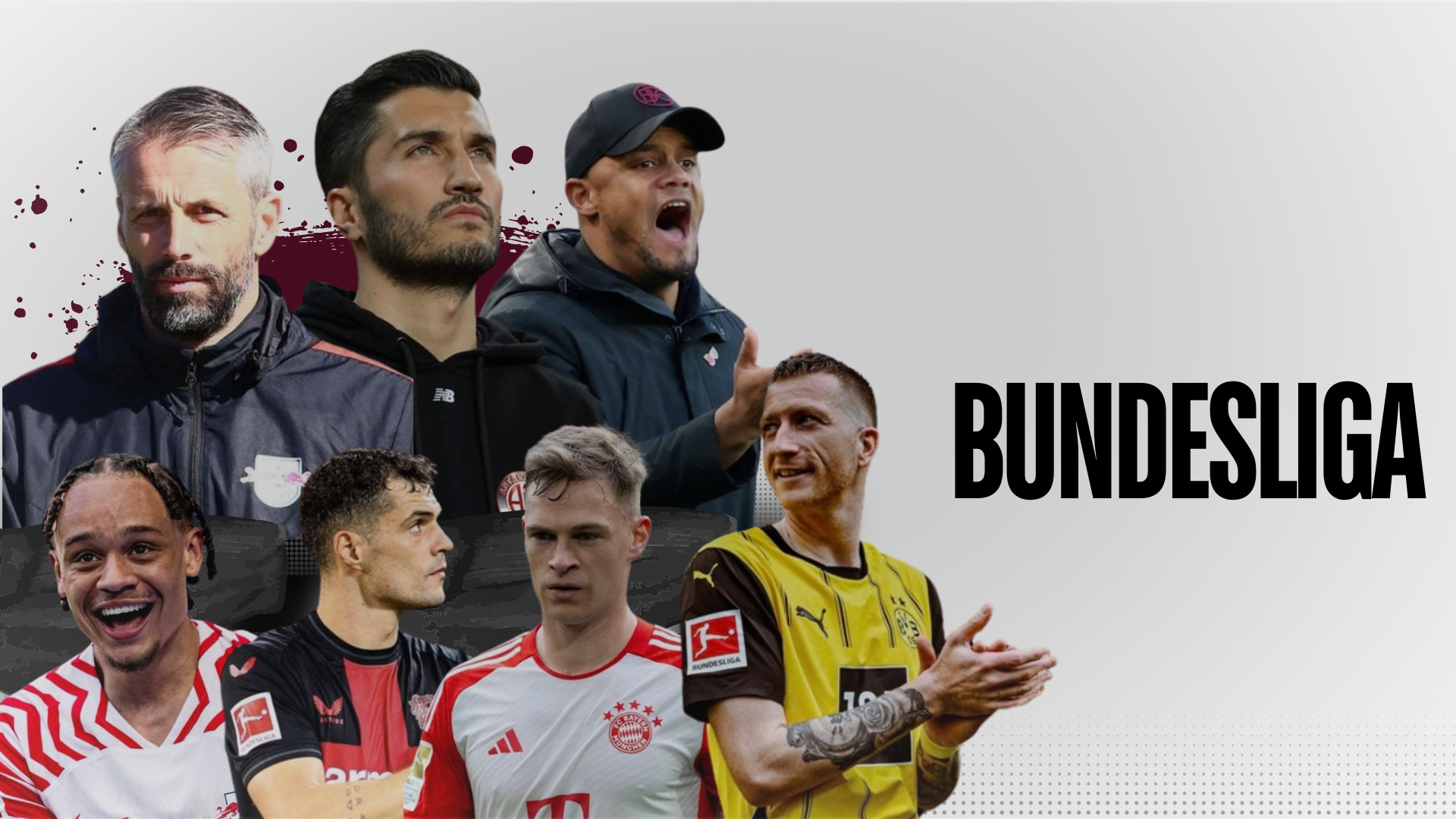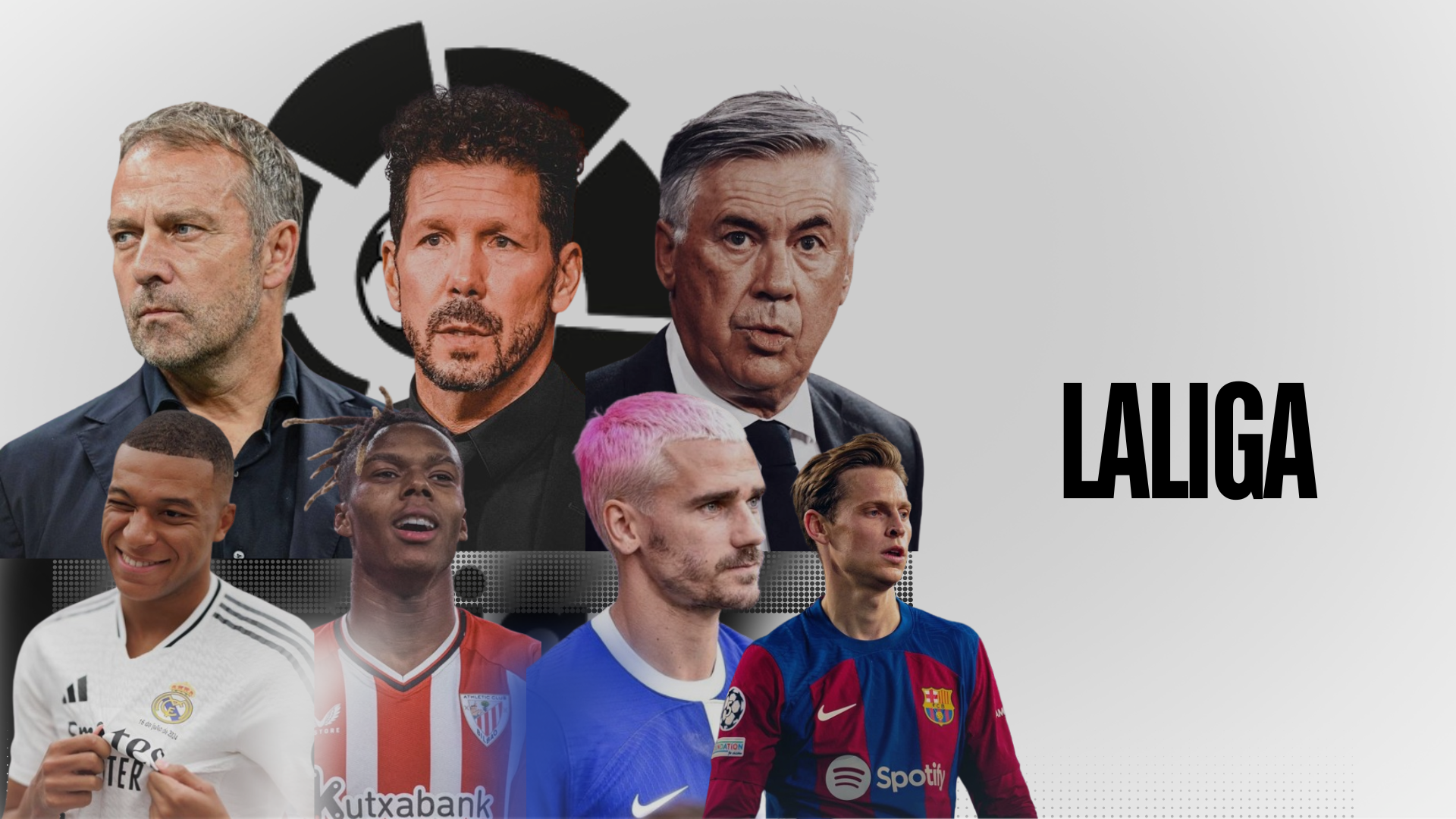Pep Guardiola stands as one of the most transformative figures in modern football. His journey from a promising young player to a visionary coach is a testament to his dedication, innovation, and profound understanding of the game. Born on January 18, 1971, in Santpedor, Catalonia, Spain, Guardiola’s impact on football is both remarkable and enduring.
Early Life and Playing Career
Guardiola’s footballing journey began in the youth ranks of FC Barcelona. His early exposure to the game was marked by his technical prowess and a deep understanding of footballing principles. At just 13, he joined Barcelona’s famed La Masia academy, where his talent quickly set him apart from his peers.
By 1990, Guardiola made his debut for the Barcelona senior team under the management of Johan Cruyff. Cruyff’s influence on Guardiola was profound, and it was during this period that Guardiola began to adopt the principles of “Total Football” that would later become the hallmark of his coaching philosophy. As a player, Guardiola was known for his vision, passing accuracy, and ability to control the tempo of the game from midfield.
Rise as a Coach
Following his retirement as a player in 2006, Guardiola transitioned into coaching with Barcelona B. His time with the reserve team was short but impactful, leading to his appointment as the head coach of FC Barcelona’s first team in 2008. Guardiola’s tenure at Barcelona was revolutionary. His approach, often referred to as “tiki-taka,” emphasized short passing, movement, and possession. This style not only redefined how football could be played but also led Barcelona to unprecedented success.
Under Guardiola, Barcelona won an impressive array of titles, including three La Liga titles (2008–09, 2009–10, 2010–11), two Copa del Rey titles (2008–09, 2011–12), and two UEFA Champions League titles (2008–09, 2010–11). The team’s play was marked by a fluid, attacking style that captivated fans and set a new standard for football excellence.
Bayern Munich and the Bundesliga
In 2013, Guardiola took on a new challenge, moving to Bayern Munich. His time in Germany was marked by continued success, although the style of play and tactical approaches were subject to intense scrutiny. Guardiola led Bayern to three consecutive Bundesliga titles (2013–14, 2014–15, 2015–16) and two DFB-Pokal titles (2013–14, 2015–16).
Despite this success, the one elusive trophy during his time at Bayern was the UEFA Champions League, a competition that had become almost synonymous with Guardiola’s philosophy. Nonetheless, his tenure at Bayern was notable for his ability to adapt his tactics to the strengths of his squad and his continued innovation in football strategy.
Manchester City and Premier League Dominance
In 2016, Guardiola began his tenure with Manchester City, a move that further solidified his reputation as one of the game’s great tacticians. The Premier League presented a new set of challenges, and Guardiola’s approach was met with both anticipation and skepticism.
His influence at Manchester City was immediate. The 2017–18 season saw City breaking numerous records, including the most points in a Premier League season (100). Guardiola’s Manchester City was characterized by a high-intensity pressing game, intricate passing patterns, and a relentless pursuit of possession.
Under Guardiola, City achieved significant domestic success, winning multiple Premier League titles, FA Cups, and EFL Cups. The pinnacle of his tenure came in the 2020–21 season when City secured their first UEFA Champions League title, further cementing Guardiola’s legacy as one of the greatest managers in football history.
Philosophy and Impact
Guardiola’s footballing philosophy is rooted in the principles of possession, movement, and positional play. His approach emphasizes control of the game through dominant ball possession and high pressing when out of possession. This philosophy is not just about the aesthetic of football but is deeply strategic, aiming to neutralize opponents’ strengths and exploit their weaknesses.
One of Guardiola’s significant contributions is his ability to evolve and adapt his tactics. Whether shifting formations, experimenting with player roles, or adjusting his strategy to different leagues and opponents, Guardiola’s tactical flexibility has been a key factor in his success. His emphasis on versatility and innovation has influenced many contemporary coaches and continues to shape football tactics worldwide.
Personal and Professional Challenges
Guardiola’s journey has not been without challenges. Despite his immense success, he has faced criticism and setbacks, particularly in the latter stages of various tournaments. The scrutiny over his approach, especially during his time at Bayern Munich and Manchester City, highlights the immense pressure and expectations that come with managing top clubs.
Yet, Guardiola’s resilience and commitment to his principles have been unwavering. His ability to stay true to his philosophy while navigating the pressures of high-level football speaks to his character and dedication.
Legacy and Future
As of 2024, Pep Guardiola’s impact on football is indisputable. His revolutionary approach to the game has left a lasting legacy, influencing not only his teams but also the broader footballing landscape. His dedication to the craft, coupled with his success and innovations, has established him as one of the most influential figures in football history.
Looking ahead, Guardiola’s future remains a topic of great interest. Whether continuing to shape Manchester City or embarking on new challenges, his contributions to football will undoubtedly continue to inspire and influence the next generation of players and coaches.




